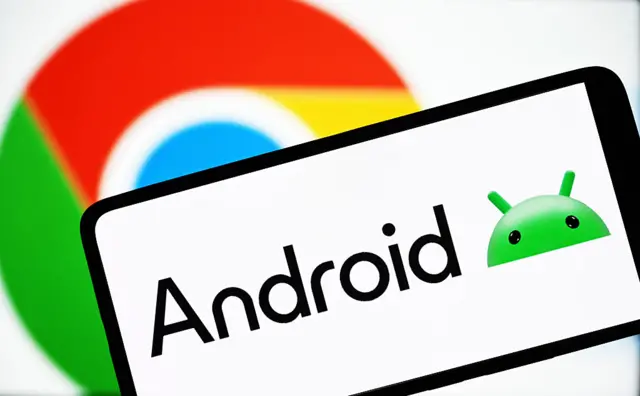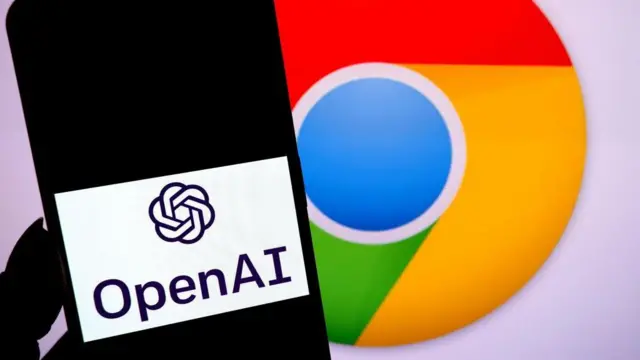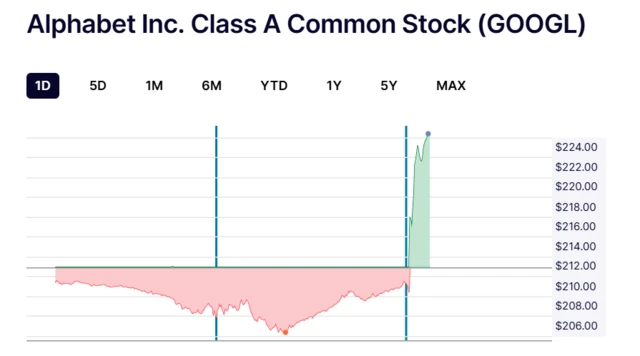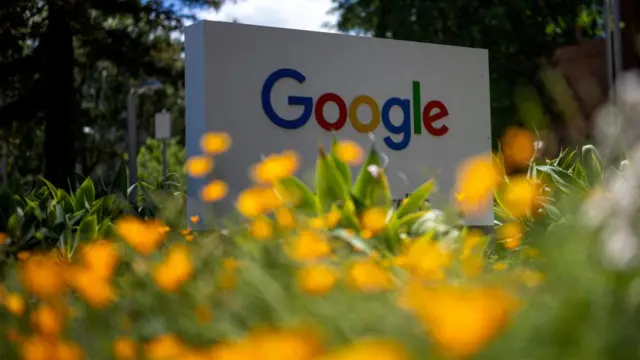Relief for Google and its investorspublished at 23:17 BST 2 September
 Tinshui Yeung
Tinshui Yeung
Live page editor
Google and its investors have prepared for worse, but today's ruling has turned out to be a relief for them.
The judge has ruled that the tech giant does not have to sell Chrome and Android, so the company has avoided what could have led to a break-up.
Shares in the company have instantly risen by more than 6% - a sign that investors welcome the result.
But it's not all good news for Google. Part of the judge's decision means the tech giant must share its search data with competitors.
We're yet to hear directly from the company after the ruling was announced - but earlier, Google said it will file an appeal, so the ruling about sharing search data may not take effect straight away.
As we've brought you the main lines and reactions to today's ruling, we're bringing the live page to a close. You can read our news story here. Thank you for joining us.





